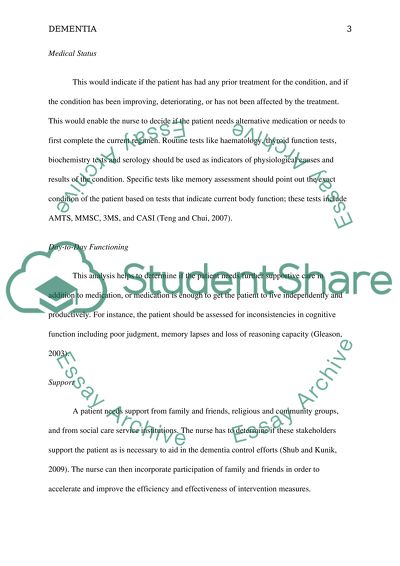Cite this document
(“Comprehensive Assessment of Dementia Essay Example | Topics and Well Written Essays - 1500 words”, n.d.)
Retrieved from https://studentshare.org/nursing/1396780-case-study
Retrieved from https://studentshare.org/nursing/1396780-case-study
(Comprehensive Assessment of Dementia Essay Example | Topics and Well Written Essays - 1500 Words)
https://studentshare.org/nursing/1396780-case-study.
https://studentshare.org/nursing/1396780-case-study.
“Comprehensive Assessment of Dementia Essay Example | Topics and Well Written Essays - 1500 Words”, n.d. https://studentshare.org/nursing/1396780-case-study.


